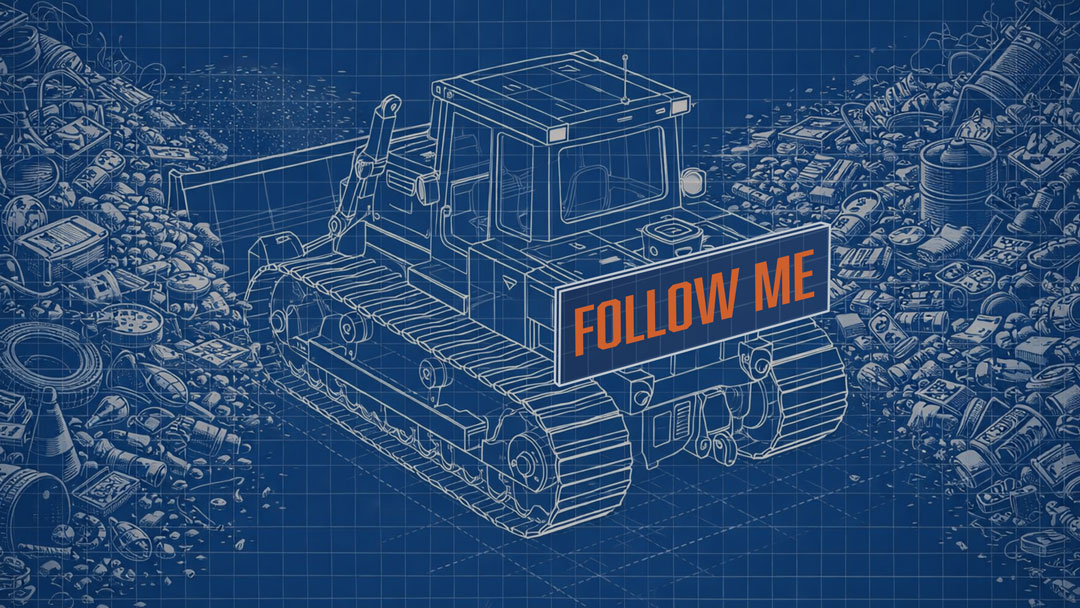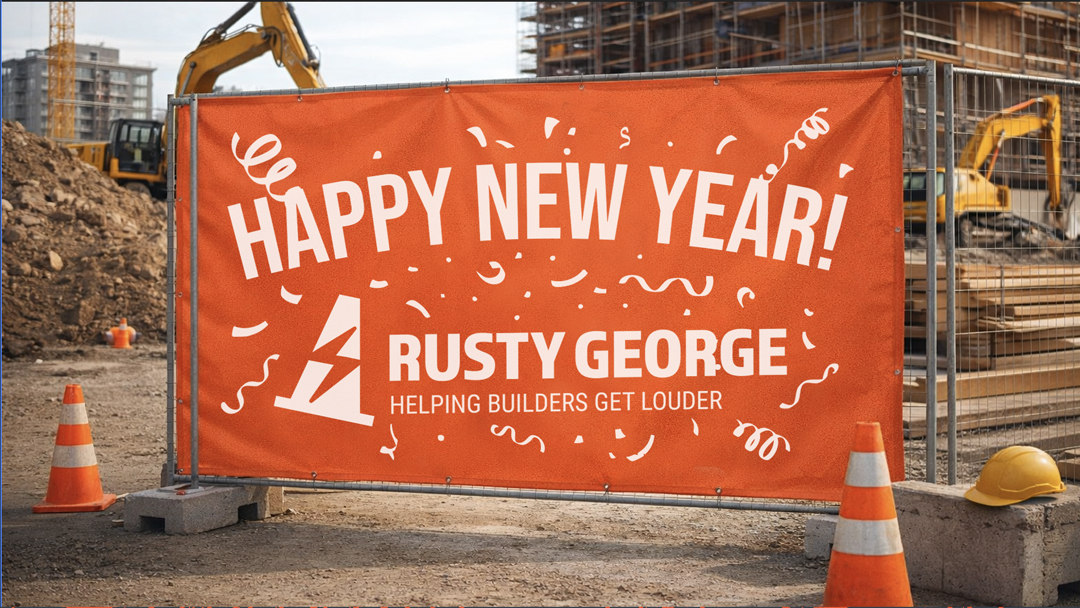Marketing Is Key to Recruiting a Reliable Construction Workforce
It’s more important than ever for building professionals to prioritize marketing to the next generation of workers.

Promoting your employee experience is key to retaining quality workers.
Identifying your competitive advantage and using it as a marketing tool to grow your project pipeline is key to growing your business. But it’s difficult to capitalize on that advantage if you can’t depend on your workforce to back up your promises. With the median age of construction workers sitting at 42 and Boomer-aged workers retiring in droves, it’s more important than ever for building professionals to address hiring challenges and prioritize marketing to recruits.
One of the biggest hiring challenges currently impacting building professionals is the negative opinions about the industry held by young laborers. Gallup reported in March 2021 that millennials and generation Z currently make up a whopping 46% of the workforce. Unfortunately, that demographic continues to overlook building industry jobs because of false stereotypes that only men work in construction, construction workers are uneducated, the work is dirty and dangerous, and the industry is dated and lacks room for growth.
If leaders in the building industry want to retain a reliable workforce, they need to get serious about changing the perception younger generations have about the industry. That starts with crafting brand messaging that reflects the things young laborers care about right now: an employee experience that includes an obvious path for career development, a commitment to implementing new technology, and an increase in workplace flexibility.
Another factor to consider when marketing your company to potential hires is how you deal with employee recognition. According to Ceridian’s 2021-2022 Executive Survey, 72 percent of executives cited the experience of their employees as a high priority. Yet nearly two-thirds of U.S. workers, including those in building industry, continue to express feeling underappreciated for the work they do.
We’re not suggesting you start giving out participation trophies. But a little recognition can go a long way in recruiting and retaining quality workers. Consider recognizing your workers’ adherence to safety guidelines with a branded gift card and holder featuring your company’s website and contact information. In addition to making your employees feel good, the holder will remind them who you are every time they use it. You could also invest in company events that celebrate a job well done, and document them online to draw the attention of prospective candidates.
The demands of the building industry mean full-time employees and project-specific gig workers often work alongside each other on projects. While they generally do the same type of work, it’s common in the building industry for part-time laborers to be treated more transactionally than their full-time counterparts. This isn’t good practice if you want to retain workers long-term.
Per Ceridian’s 2020 Pulse of Talent report, the current generation of gig workers wants the same things as full-time workers, which include doing interesting work, having flexibility on the job, and the opportunity to build rapport with coworkers. When those needs aren’t met, they move on. To drive engagement and retain good workers, you need to start investing in the happiness of gig workers as much as you invest in the happiness of full-time employees.
From a marketing perspective, that might look like hiring a photographer or designating someone on the crew to document projects from the moment you break ground through the final walk-through. These assets can be used at the annual company party when acknowledging employees who did exceptional work during the last 12 months. Dedicating time to explain how successful a project ended up being because of your workforce will help them feel valued and give them a reason to buy into what you’re doing as a company.
You’ll also want to market how your company is doing more for workers than the competition, which is most easily done online. Does your website reflect who you are in 2022 – or 2002? Does it do a good job showcasing your company culture? Does it demonstrate your organization’s commitment to the well-being of employees? This is the first place potential hires will look to learn more about the way you do business.
Ultimately, the basis of a lasting relationship between employer and employee comes down to trust. As Roshan Avandi, Principal of Value Advisory at Ceridian, points out, “...When the dark skies come, you keep walking forward together. Why? Because you trust the people you’re working with. You’re trying to achieve a broader goal — together.”
Developing a brand strategy and message that puts employees’ priorities at the center will help you find and retain the right workers, and make your business stronger.
Source: Construction Dive, U.S. Bureau of Labor Statistics, HR Cloud
Photo credit: Pexels
MORE Insights
Unlock the secrets to transforming your construction company into a marketing powerhouse with Louder Builder.

Foresight Will Win in an Uncertain 2026

2026 Starts Now. Five Reminders to Strengthen Your Year Ahead
SIGN UP FOR UPDATES
We will send you our latest insights from Louder Builder as they are released.
CONTACT US
Are you ready to begin your project today? Just have a few questions?
Either way, let’s talk.
